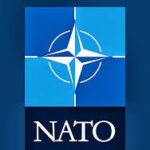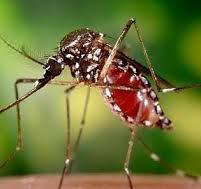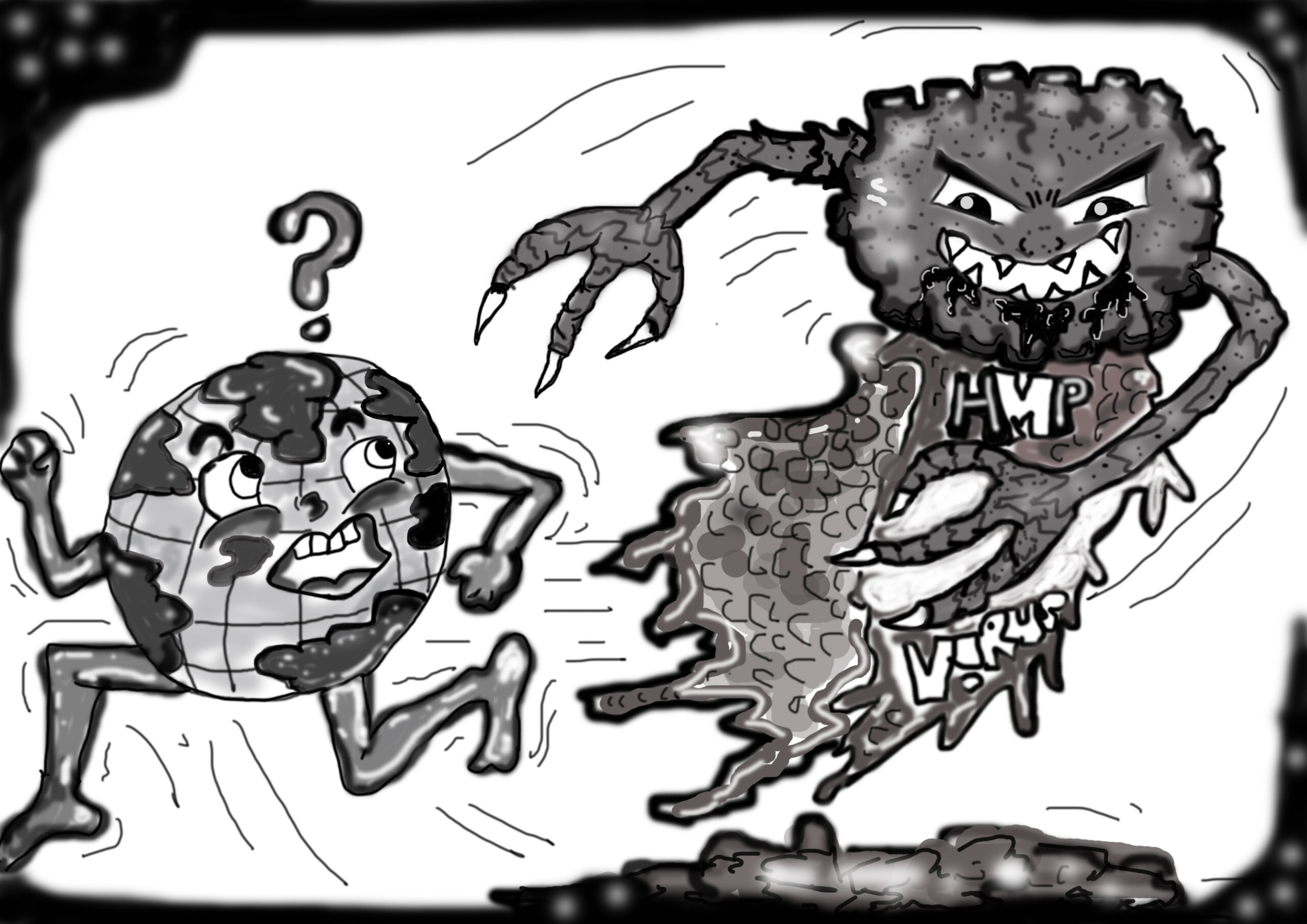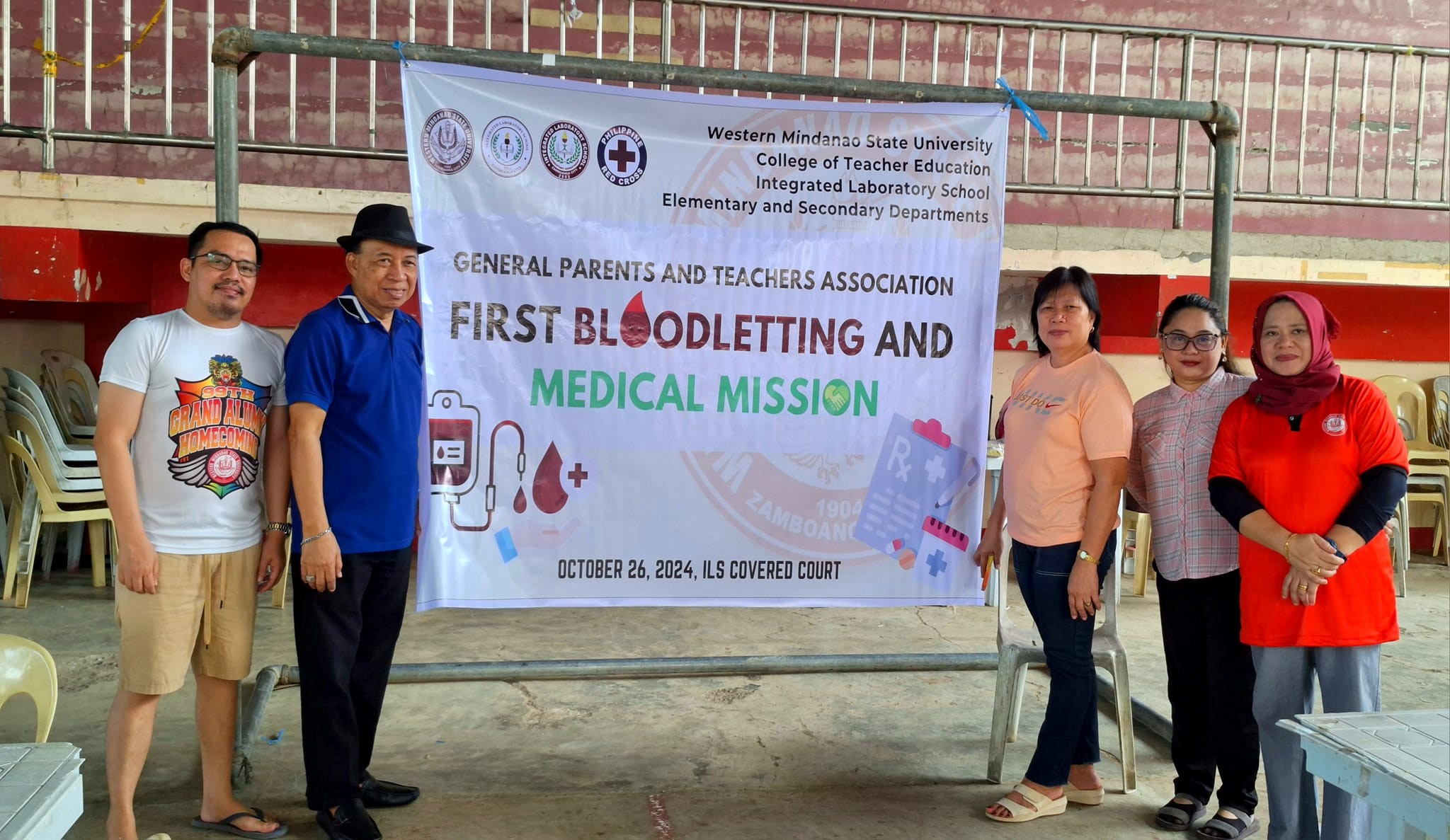by Richard Sanders, Staff Writer
Dengue fever remains a significant public health challenge in Zamboanga, characterized by its transmission through Aedes mosquitoes, particularly Aedes aegypti. The region’s tropical climate, combined with urbanization and inadequate waste management, creates an ideal breeding ground for these vectors.
In recent years, Zamboanga has experienced fluctuations in dengue cases, with seasonal outbreaks typically peaking during the rainy months. The local health authorities have reported increased vigilance and proactive measures, including community awareness campaigns and mosquito control initiatives. However, the risk remains high, especially in densely populated areas where stagnant water can easily accumulate.
Ongoing education about dengue prevention is essential for reducing transmission rates. With community cooperation and sustained public health efforts, Zamboanga can mitigate the impact of dengue fever and protect its population from this potentially severe illness.
Dengue prevention is crucial in reducing the incidence of this mosquito-borne viral infection, which can lead to severe illness. Key strategies include eliminating breeding sites for mosquitoes by removing standing water in containers, gutters, and other areas. Using insect repellent containing DEET, picaridin, or oil of lemon eucalyptus can help protect individuals from bites, especially during peak mosquito activity periods. Installing window and door screens, wearing long-sleeved clothing, and using mosquito nets at night also contribute to personal protection. Community awareness and participation in clean-up campaigns are essential, as these encourage collective action to minimize mosquito populations. Vaccination may also be an option in some regions, providing an additional layer of defense against the virus. By combining these efforts, communities can significantly reduce the risk of dengue outbreaks.















